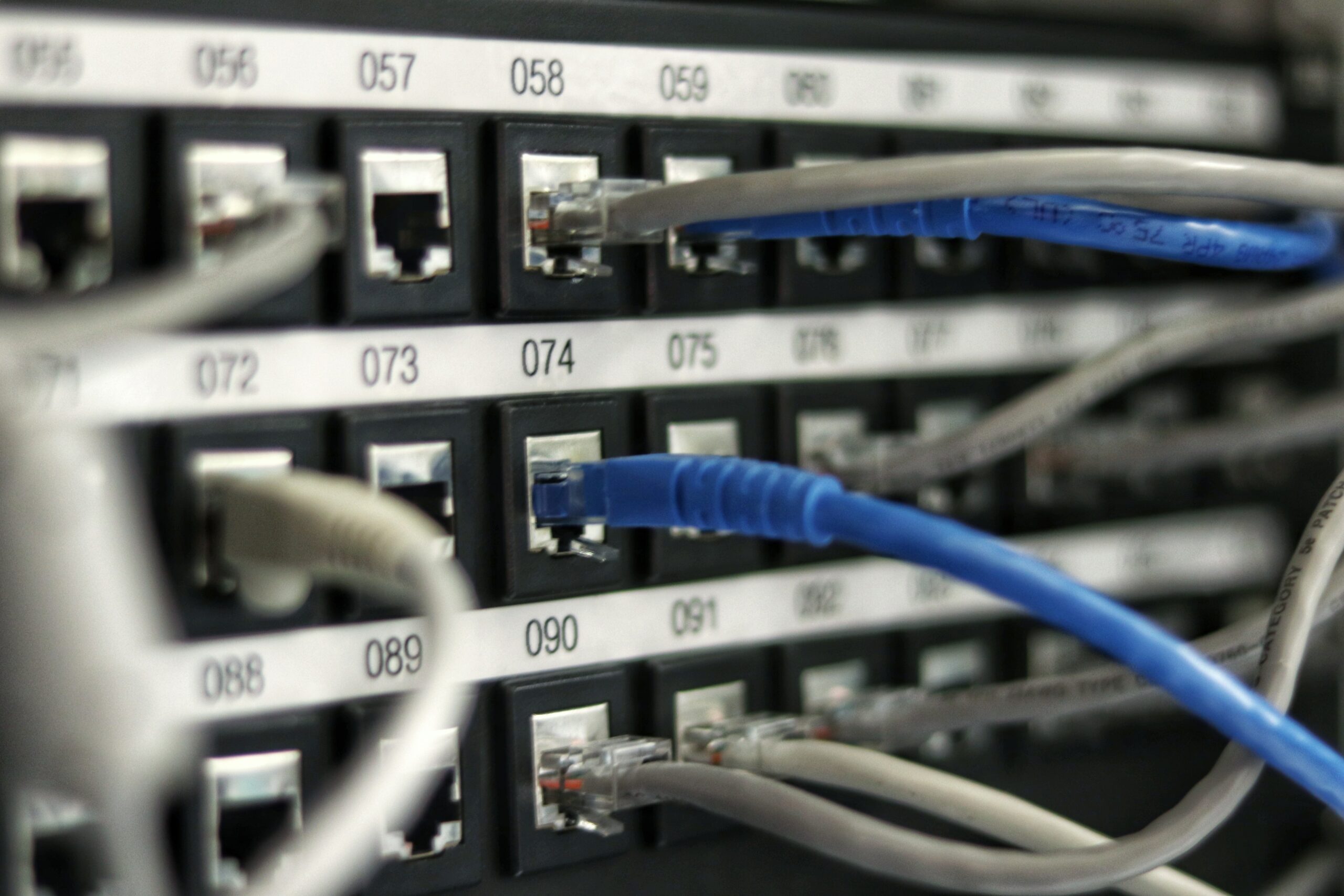A virtualization server is a physical server that has been configured with specialized software to create and manage virtual machines (VMs). Each virtual machine acts as an independent computer (Server or desktop PC), capable of running its own operating system and applications, sharing the physical resources of the base server, such as CPU, RAM, and storage.
The heart of server virtualization is the hypervisor. This software sits between the hardware and operating systems of virtual machines, managing the distribution of hardware resources to each VM. There are two main types of hypervisors:

- Type 1 (Bare Metal): Installed directly on the server hardware. It offers better performance and security, making it ideal for business environments.
- Type 2 (Hosted): Runs on an existing operating system. It is easier to install and suitable for testing and development environments.
Although virtualization servers offer numerous advantages, they also present challenges, such as complexity in management and the need for specialized skills to maintain them correctly. Additionally, improper configuration can lead to suboptimal application performance.
What uses can you give to a virtualization server?
Server virtualization has become a versatile tool within businesses, providing a wide range of applications ranging from server consolidation to software development and failover. Below are some of the most common and beneficial uses that can be given to a virtualization server:
- Server Consolidation
The ability to host multiple virtual machines (VMs) on a single physical server allows businesses to reduce the amount of hardware required, optimizing resource usage and minimizing the costs associated with maintaining multiple physical servers. - Testing and Development
Virtualization servers offer flexible, isolated test environments ideal for developers and QA teams. They allow you to simulate different operating environments and configurations without affecting the production infrastructure, facilitating the development, testing and deployment of applications. - Application Isolation
By running applications on separate virtual machines, effective isolation is achieved, ensuring that processes or failures in one application do not affect others. This is especially useful for running software that requires different operating systems or specific security settings. - Desktop Virtualization (VDI)
Virtual Desktop Infrastructure (VDI) allows organizations to host user desktops on centralized servers. This makes desktop management easier, improves data security and allows users to access their work environment from any device, improving mobility and teleworking. - Failure Recovery and Business Continuity
Virtualization servers simplify failover strategies. Virtual machines can be easily replicated and backed up to other physical servers or to the cloud, allowing rapid restoration of services in the event of hardware failures or security incidents. - Load Balancing and Scalability
Virtualization facilitates load balancing between multiple virtual machines, distributing network traffic or application requests to optimize performance. Additionally, it allows easy scalability, adding or reconfiguring VMs according to the changing needs of the organization. - Training Environments
Creating virtualized training environments is ideal for technical training, allowing users to learn and experiment with system and network configurations in a controlled environment without risk to production infrastructure. - Hosting of Applications and Web Services
Virtualization servers are essential for hosting web applications and services, allowing businesses and service providers to host multiple websites or applications on a single physical server, each in its own isolated virtual machine.
What are the advantages of choosing a virtualization server?
- Efficiency in Resource Use: Allows organizations to more efficiently use their physical resources, reducing the need for additional hardware and lowering costs.
- Flexibility and Scalability: Virtual machines can be created, modified, and deleted quickly, allowing businesses to adapt to changing IT demands without investing in new hardware.
- Improved Business Continuity: Facilitates data backup and recovery strategies by enabling rapid restoration of virtual machines to other physical servers.
- Application Isolation: Each virtual machine is independent, meaning that applications can run on different operating systems on the same physical server without interfering with each other.
- Space Optimization in the Data Center: By reducing the amount of physical hardware, the space required in data centers is minimized, as well as energy consumption and cooling costs.

How to buy my virtualization server at Ibertronica?
In our online catalog we have numerous servers already preconfigured, you can take a look at them in the following LINK.
You can also contact us through our web page, phone (917 10 95 15), email ([email protected]) or social networks, and request a quote without obligation. An Ibertrónica advisor will assist you and help you choose the virtualization server that best suits your needs and objectives.
With virtualization servers, you can boost your business, increase your speed, improve your security, and have the best support. All this, with a competitive price and adjusted to your needs.








